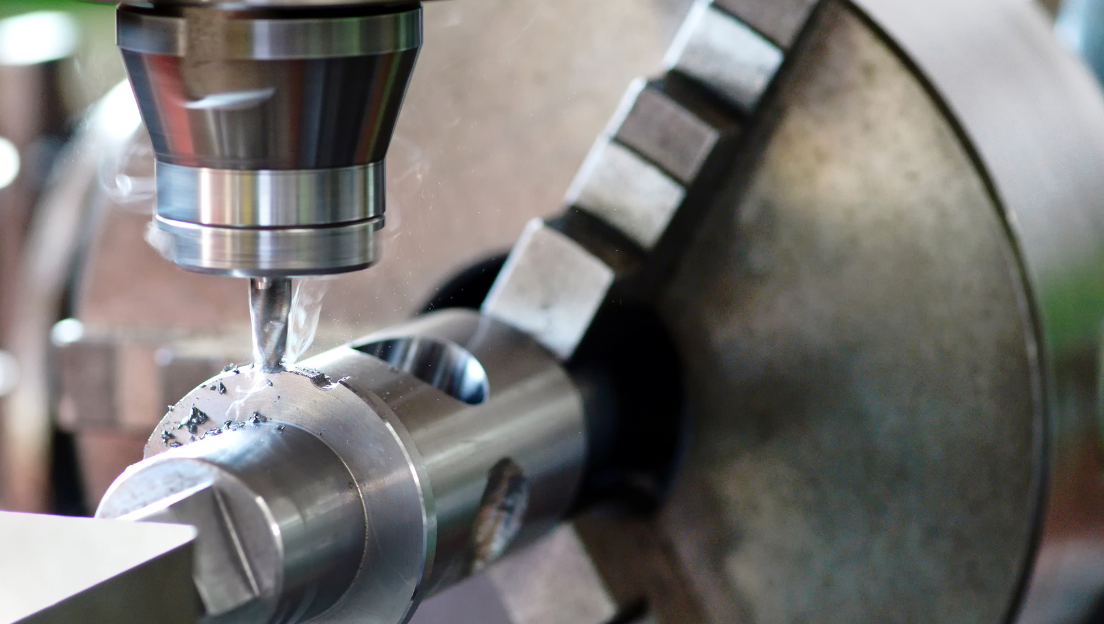In CNC machining, “best value” doesn’t always mean the cheapest option. Instead, it refers to tooling that balances performance, durability, and cost-effectiveness. A cutting tool that lasts longer, maintains tighter tolerances, and reduces scrap will always offer better long-term value than a tool that needs constant replacement.
When it comes to choosing cnc milling tools or thread cutters, the focus should be on finding products that minimize downtime and deliver consistent results. Shops that prioritize value see lower operating costs, more reliable output, and improved efficiency across the board.
What “Best Value” Really Means in CNC Tooling
- Durability Over Price
Low-cost tools might seem appealing upfront, but they often wear out quickly or produce inconsistent finishes. Higher-quality tools last longer, withstand higher cutting speeds, and ultimately save money by reducing replacement costs and downtime. - Precision and Runout Control
Tool runout — the tiny wobble that occurs when a tool spins — directly affects accuracy. Investing in precision-ground cutters and holders reduces runout, improving both surface finish and part accuracy. Over time, this translates to better yields and less wasted material. - Versatility and Range
The best value tools are those that can handle multiple applications. For example, a high-quality carbide end mill can cut a wide range of materials, reducing the need for multiple specialized cutters. Similarly, modular tool systems that use interchangeable heads offer cost savings by allowing you to reuse the same holder. - Proper Tool Holding
Even the best cutting tool won’t deliver value without the right holder. CNC collets provide secure tool holding, minimize vibration, and extend tool life. Shops that neglect holders often see premature tool wear, poor surface finishes, and reduced efficiency. Investing in quality collets is one of the simplest ways to increase tooling value. - Maintenance and Care
Value also comes from how tools are maintained. Regular cleaning, proper storage, and adhering to recommended feeds and speeds can extend tool life significantly. Neglecting maintenance shortens tool lifespan, undermining even the best investments.
Thread Cutters That Offer Long Life and Clean Cuts
- The Role of Thread Mills
Thread cutting is a demanding process, and not every tool is up to the task. Thread mills are a superior option because they cut threads gradually using a helical path, which reduces stress on the tool and the workpiece. They provide cleaner cuts, more accurate threads, and greater versatility compared to taps. - Longevity and Performance
High-quality thread cutters offer extended tool life, especially when used with proper feeds, speeds, and coolant. Carbide thread mills, for example, resist wear and heat better than high-speed steel, making them ideal for high-production environments. Over time, the reduced tool replacement costs contribute directly to better value. - Reduced Risk of Breakage
Traditional taps can snap inside a part, leading to costly rework or even scrapping the piece entirely. Thread mills are less prone to breakage, and even if one fails, it doesn’t usually damage the entire workpiece. This reliability adds significant value for shops looking to avoid downtime and lost materials. - Flexibility Across Sizes
Unlike taps, which are specific to a single thread size, thread mills can produce a variety of thread sizes with the same tool, provided the pitch matches. This versatility reduces the need to buy multiple tools, lowering inventory costs and increasing efficiency. - Matching Tools to Applications
The key to maximizing value is matching your thread cutters and milling tools to the right jobs. For heavy material removal, robust thread milling cutter aired with durable thread mills ensure consistent results. For finishing or delicate operations, precision collets and smaller-diameter cutters provide the accuracy needed without unnecessary tool wear.
Final Thoughts
In CNC machining, best value doesn’t come from the cheapest tools — it comes from the ones that last longer, cut cleaner, and reduce downtime. High-quality milling tools, supported by reliable collets, create a setup that delivers consistent performance at lower overall cost. For threading, thread mills provide unmatched precision, longevity, and versatility, making them a smart investment for any shop.
By focusing on durability, precision, and proper tool holding, machinists can maximize the return on every tooling purchase. The right investments may cost more upfront, but they save time, reduce waste, and keep machines running efficiently — the true definition of value in CNC machining.




